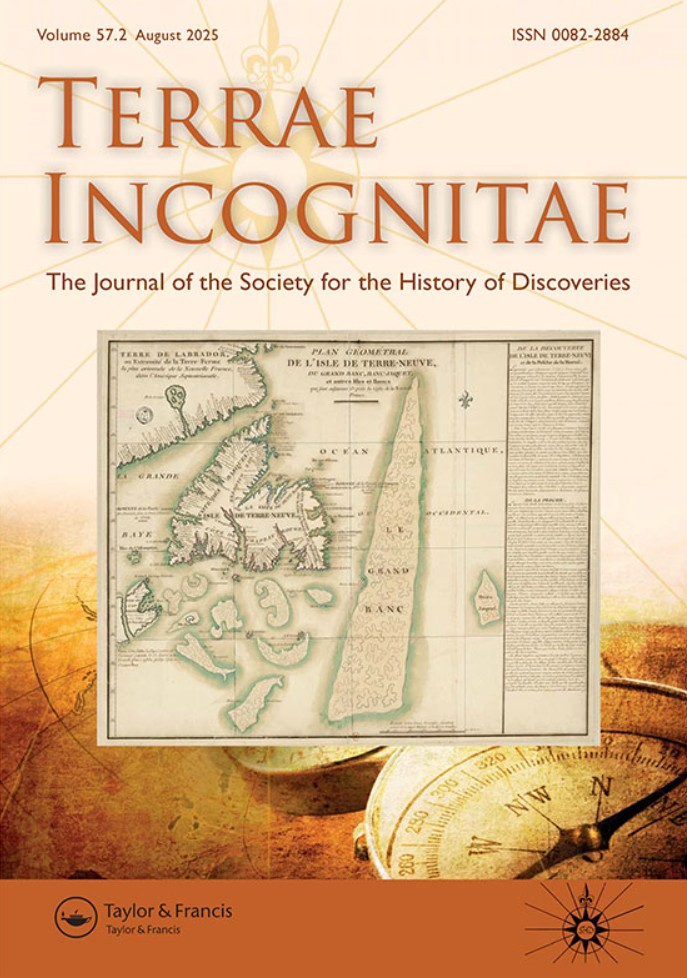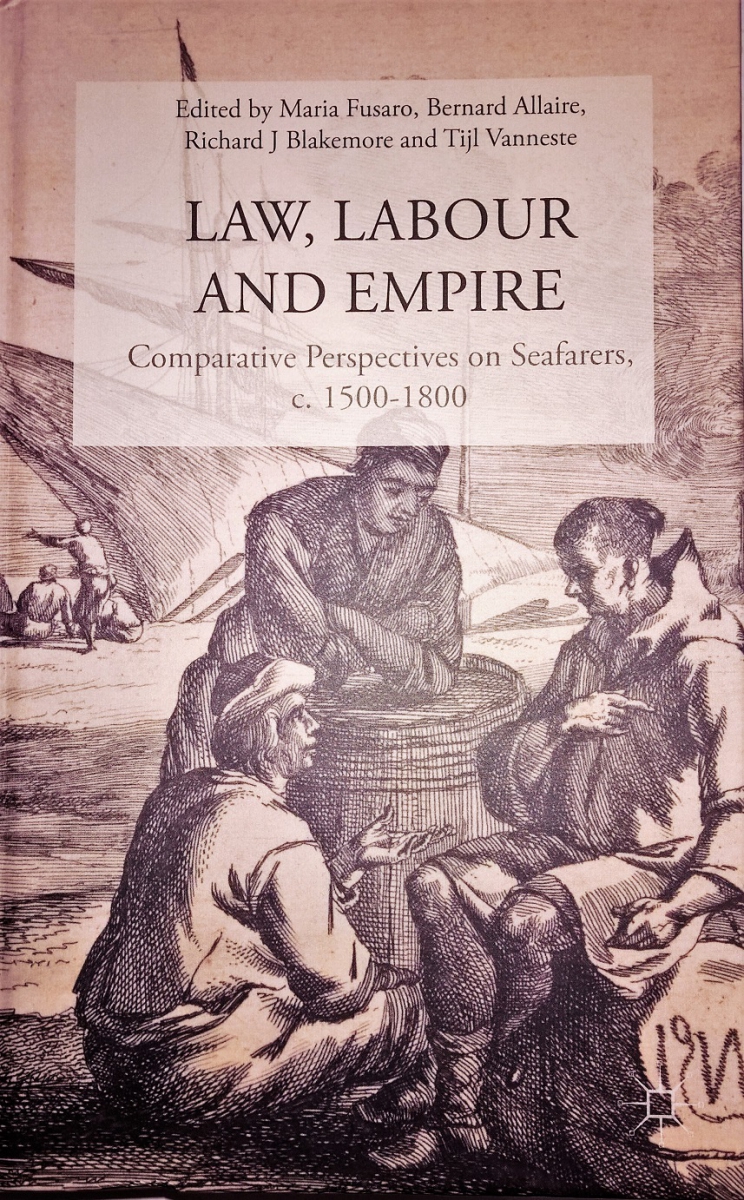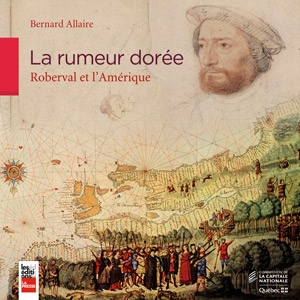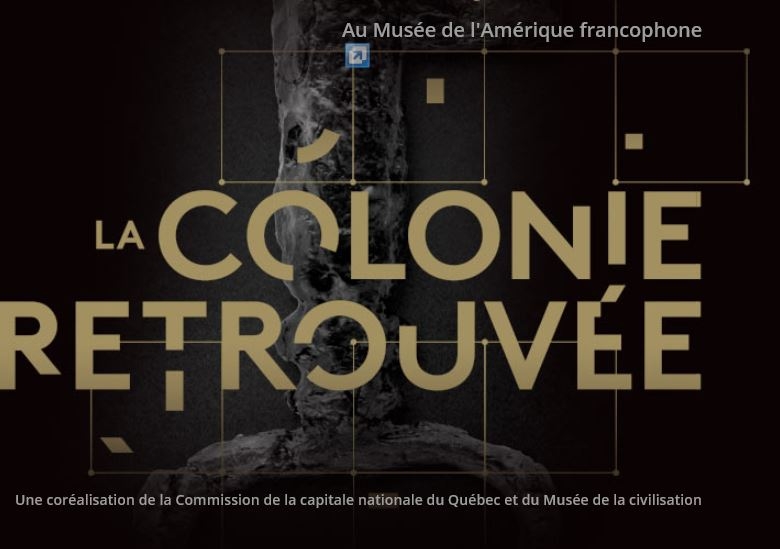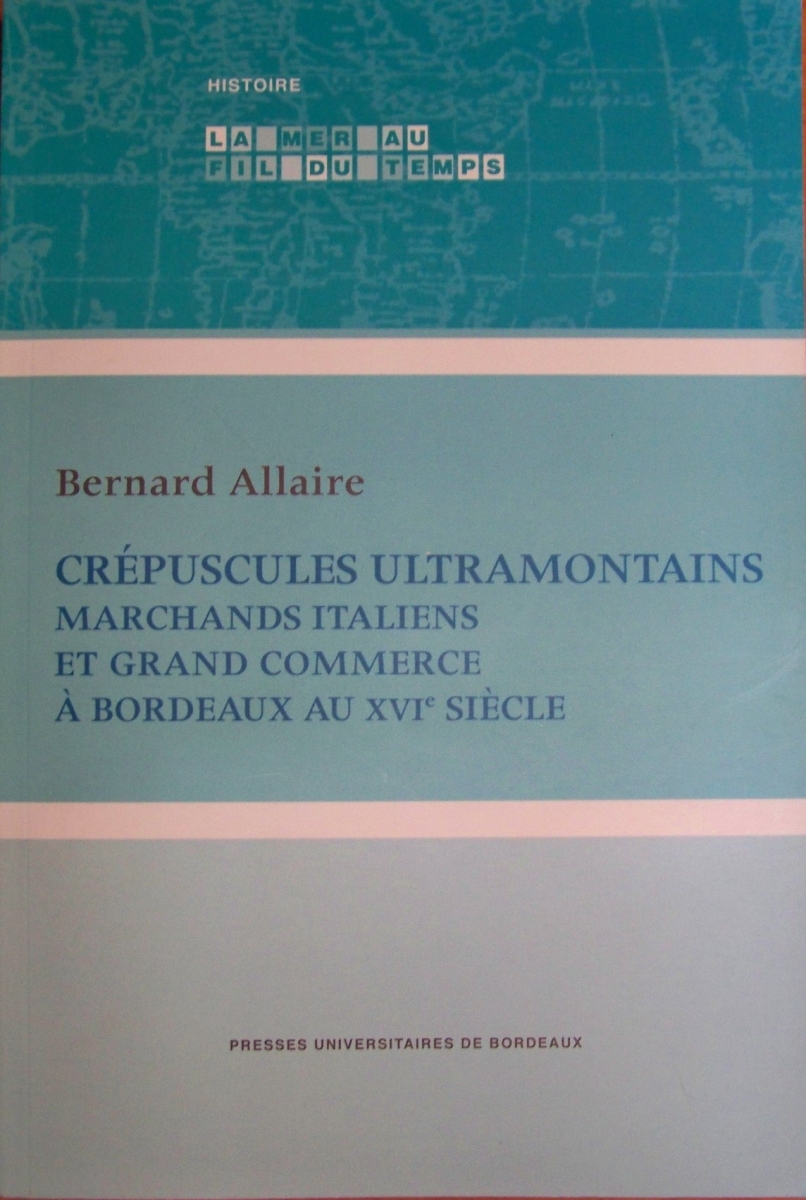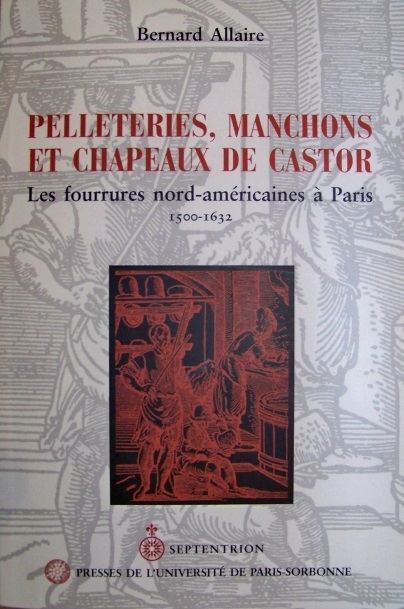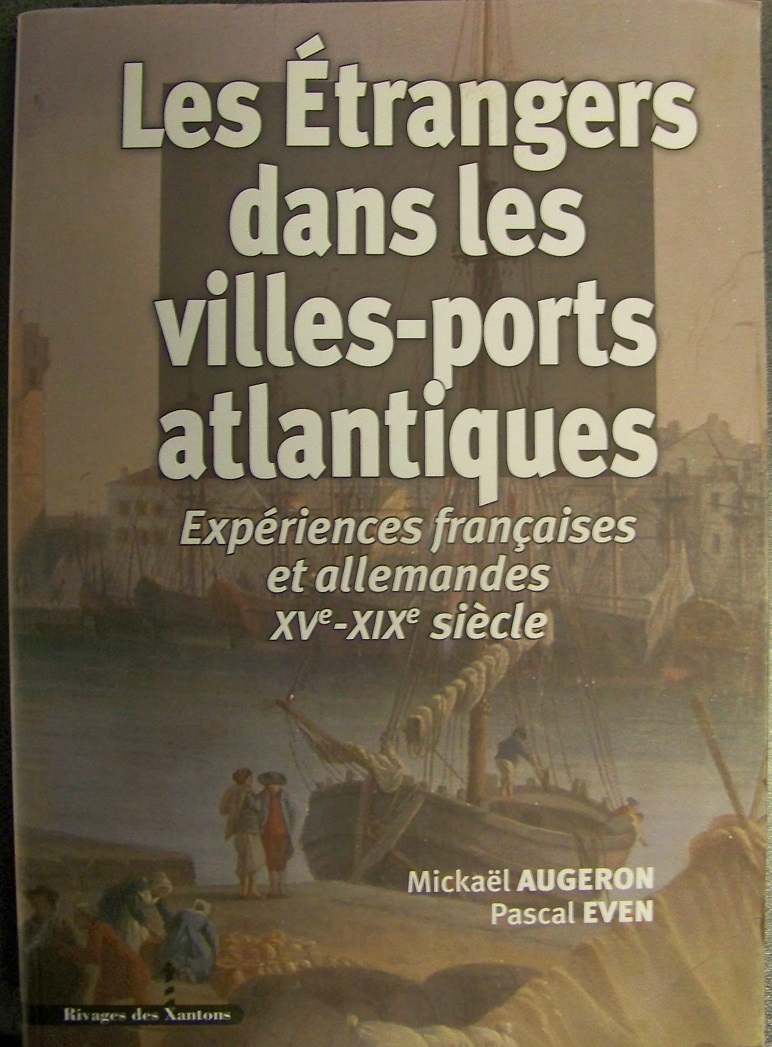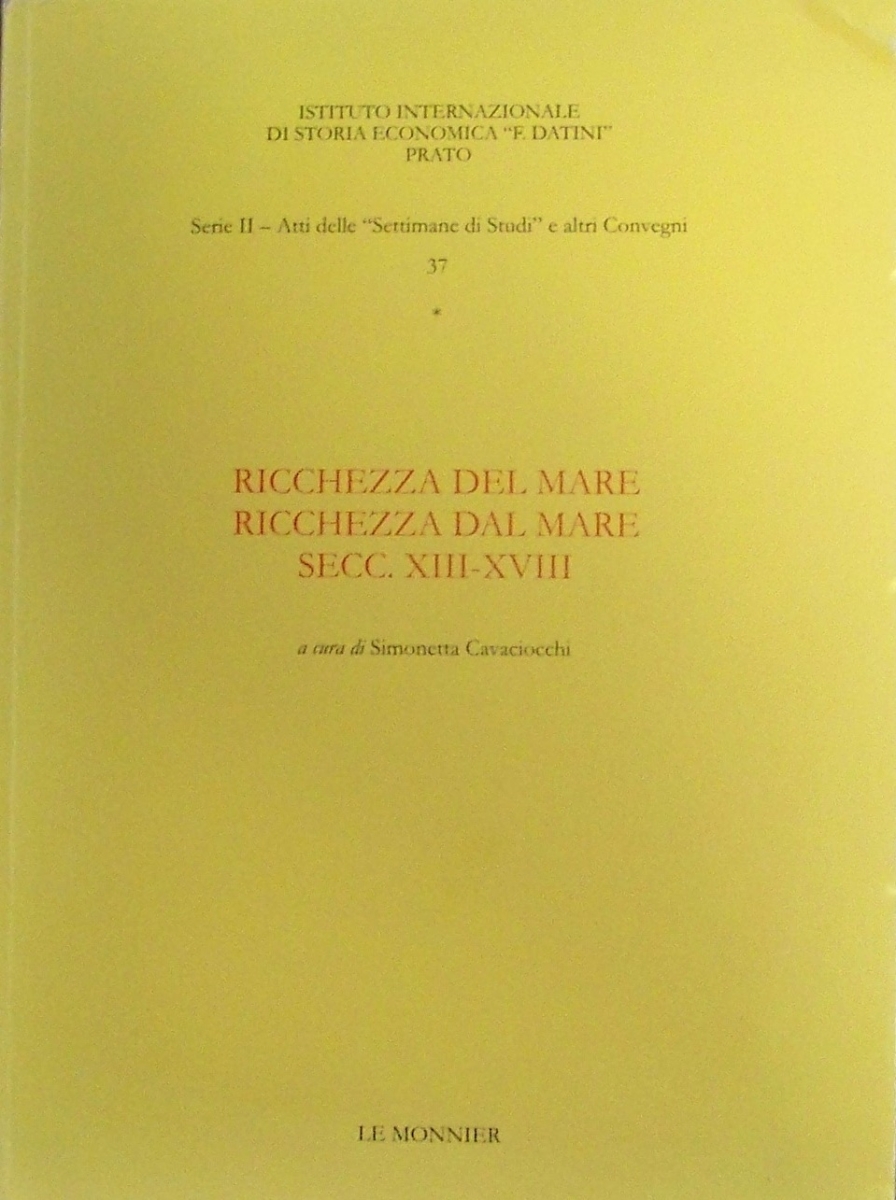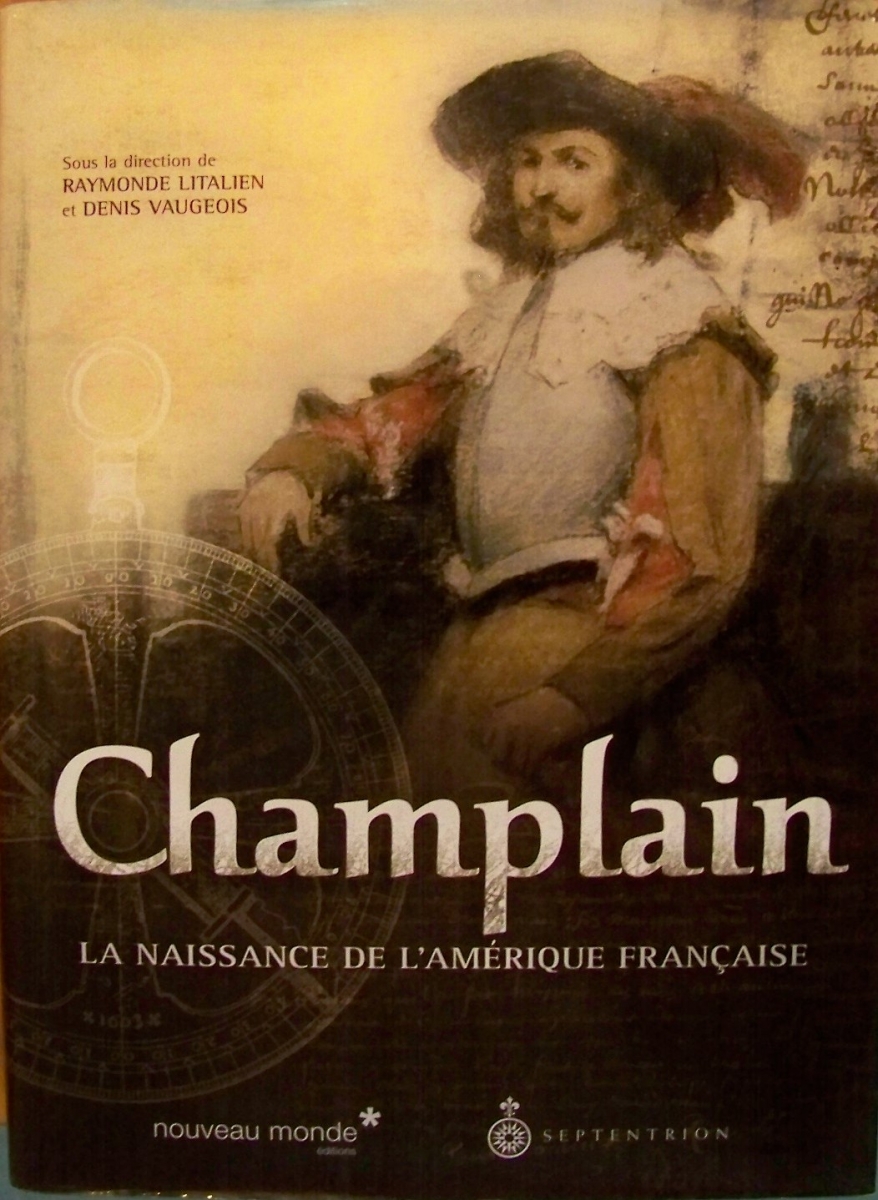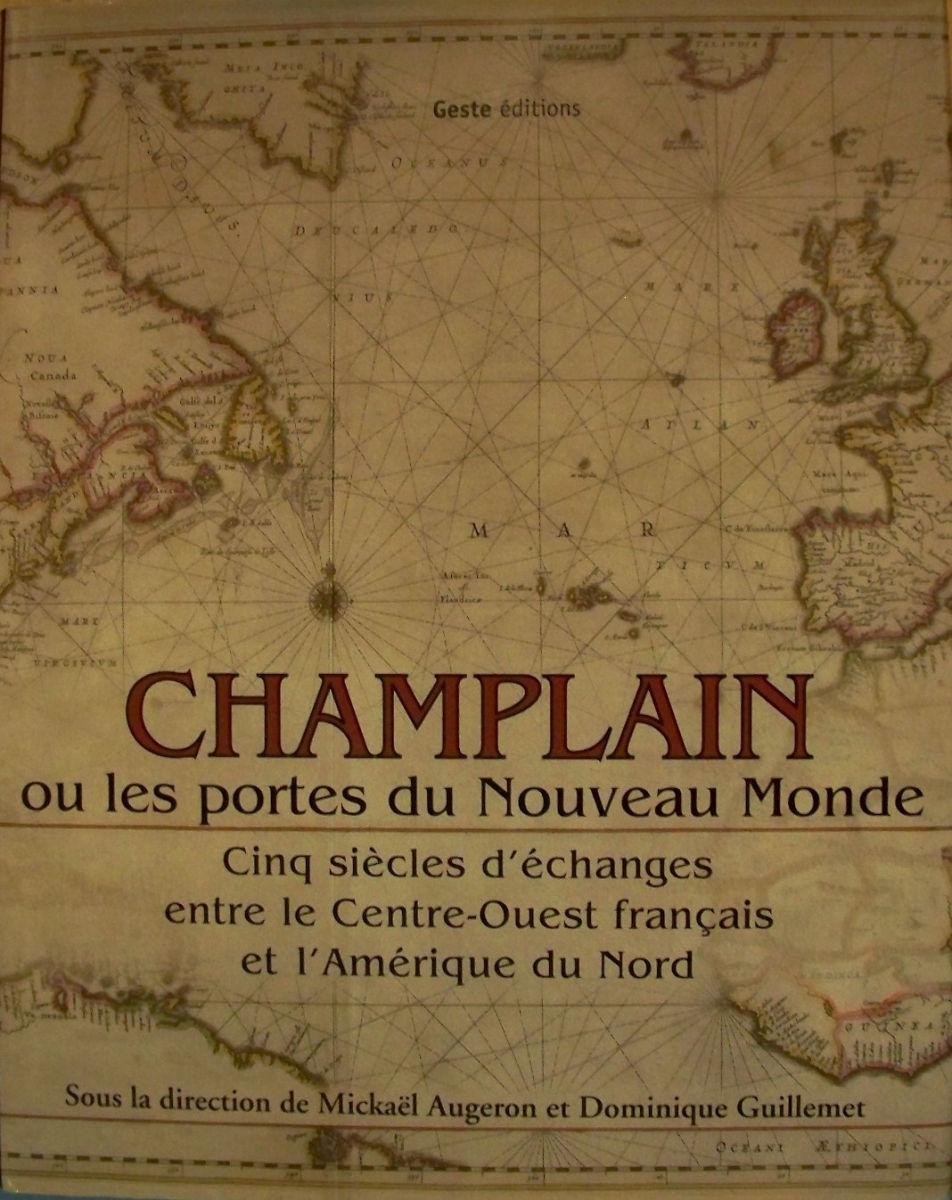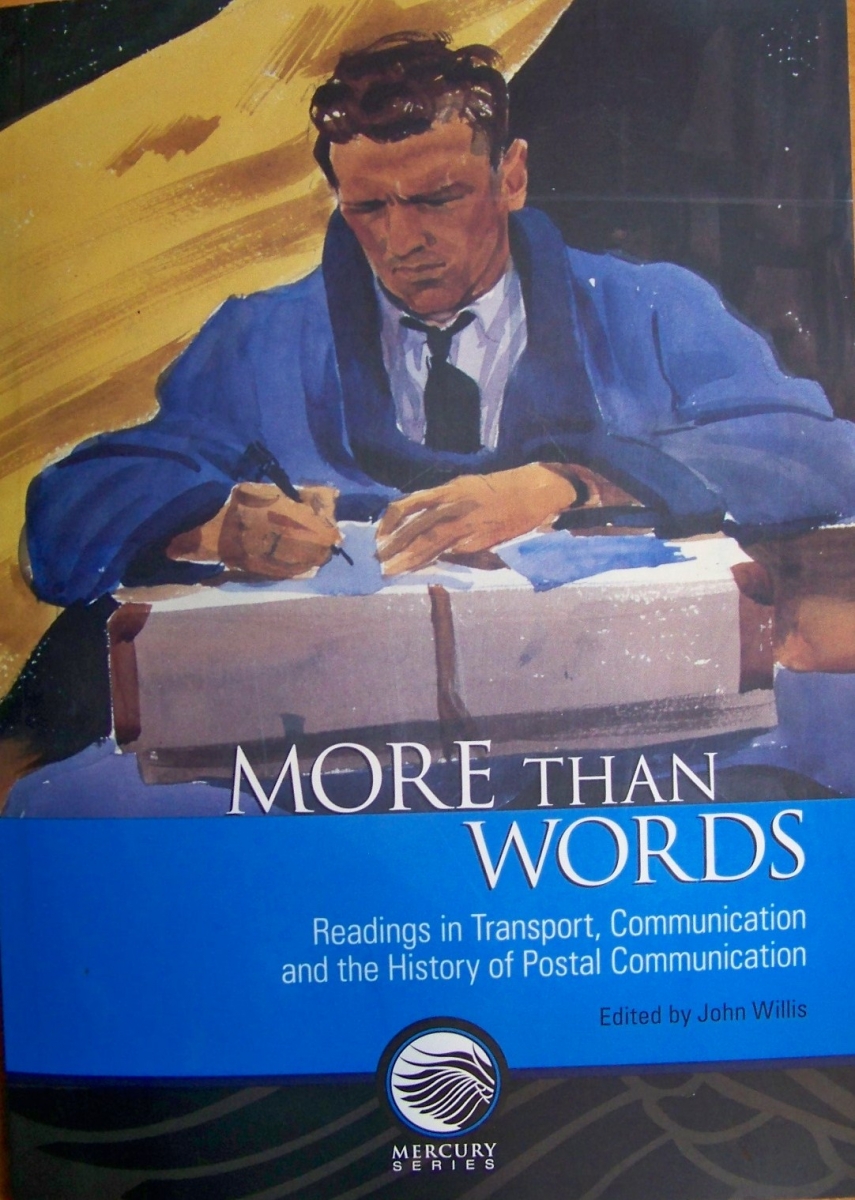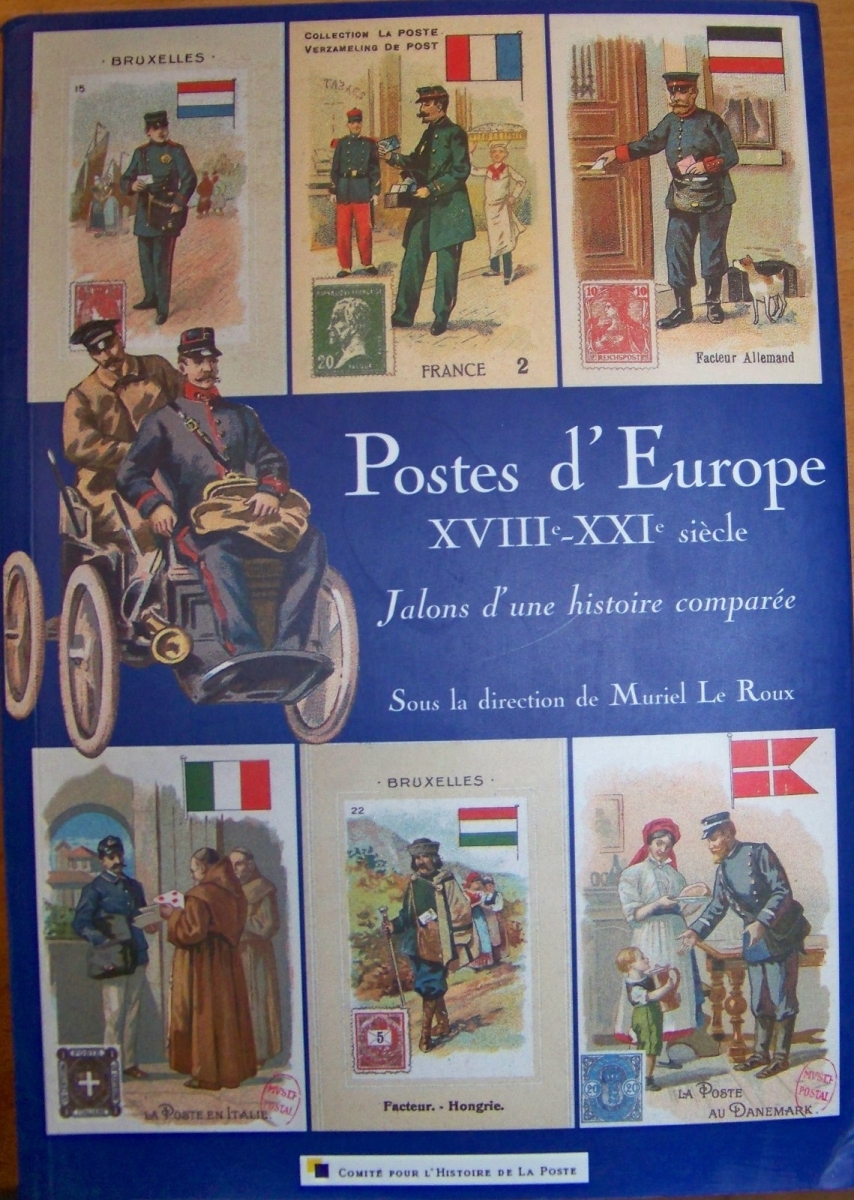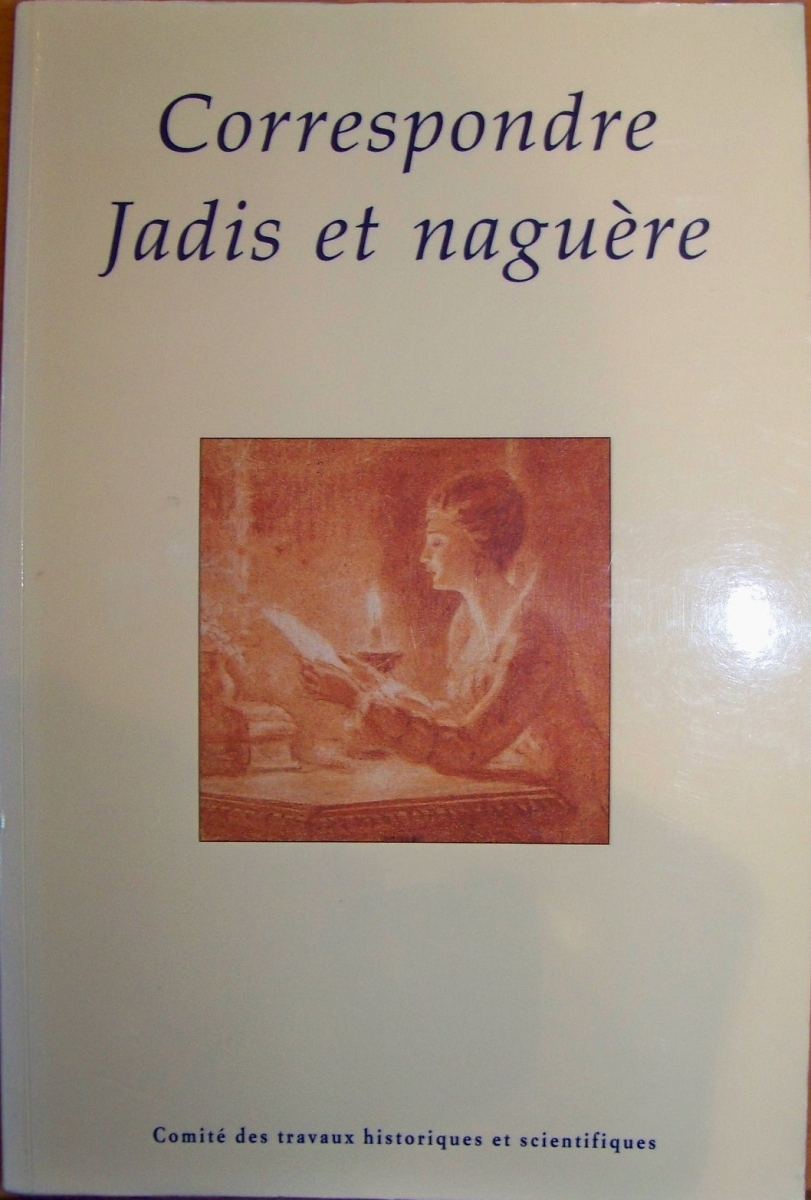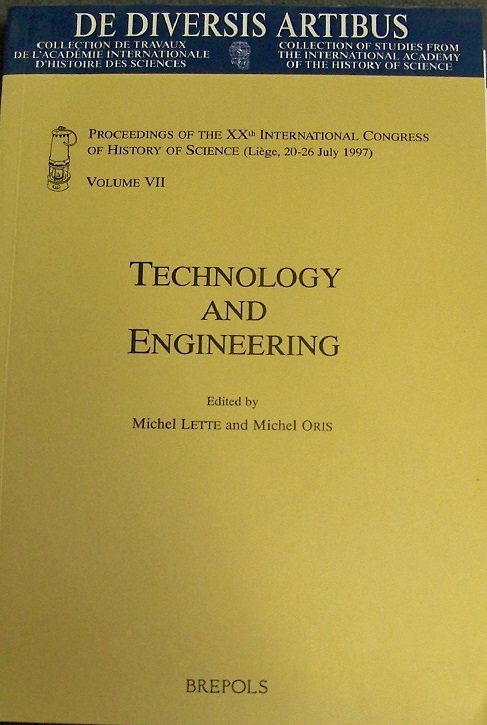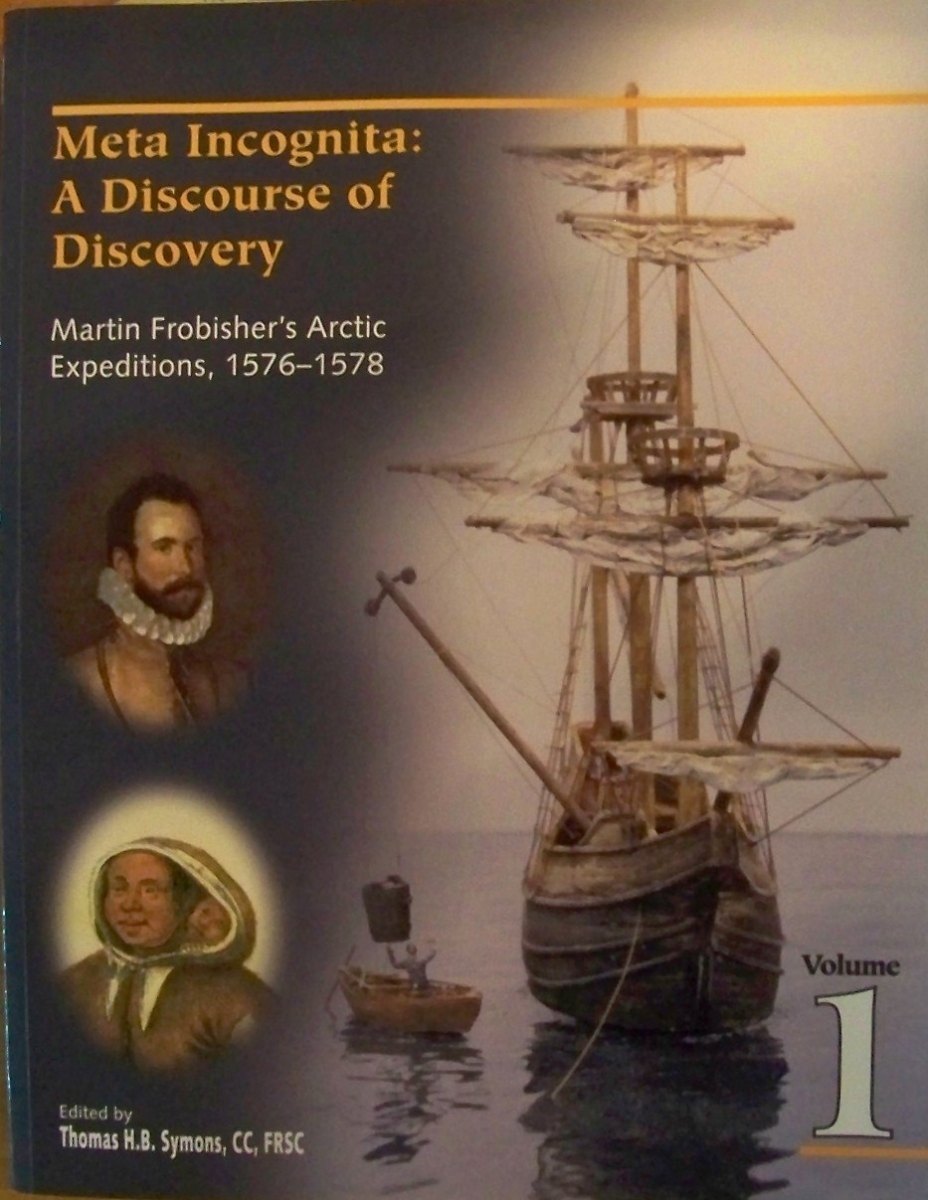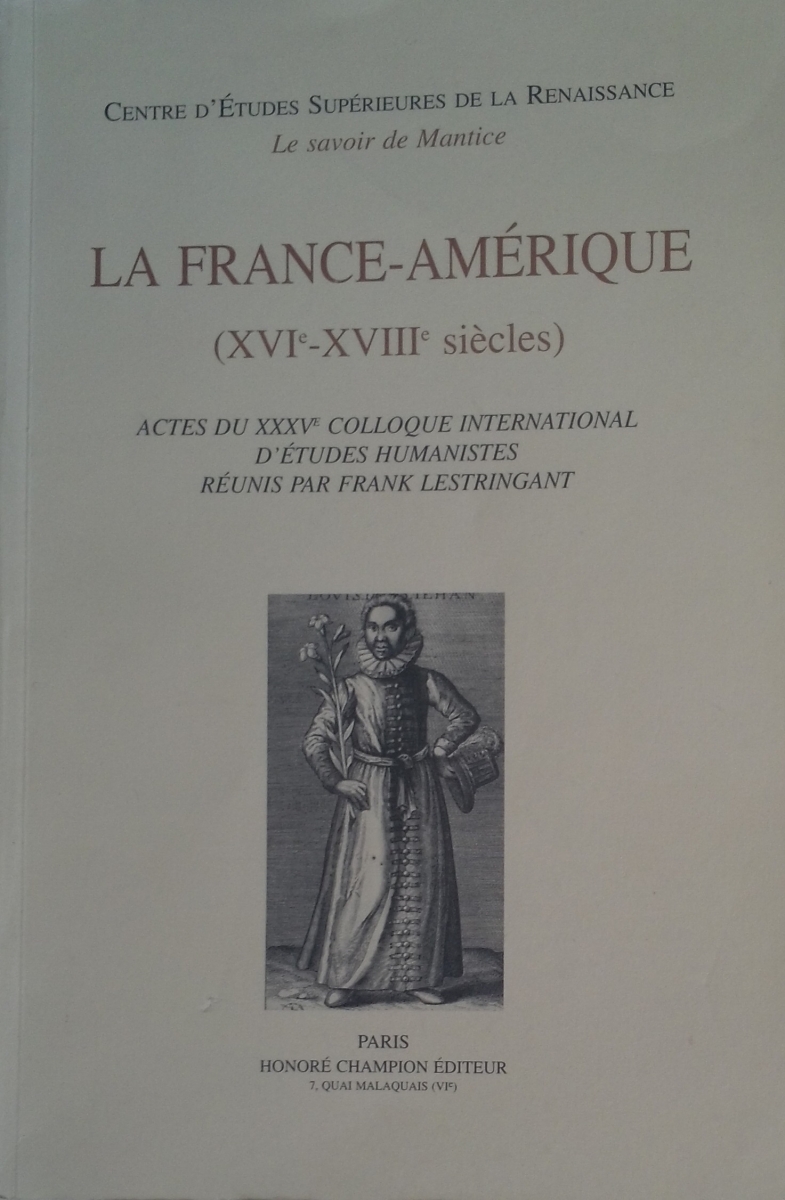Bernard Allaire
Professional Status
Consultant
Open to opportunities
About Me
Bernard Allaire is a socio-economic historian of European and North American urban and maritime civilizations. He is involved in many historical, archaeological and sociological research projects in connection with European and North-American specialists. He particularly enjoys topics which complete the expertise of other historians or archaeologists and also study north-american Native societies, food history, correspondence networks and history of crafts and sciences. He goes through the archives in public records, libraries and his data bases for governments, local authorities, academics, jurists and private individuals to identify, transcribe and digitize relevant documents. Author of Pelleteries, manchons et chapeaux de castor: les fourrures nord-américaines à Paris 1500-1632 (Pelts, Muff and Beaver hats: the North American furs in Paris 1500-1632), Québec/Paris, Septentrion/PUPS, 1999 (Falardeau award) ; Crépuscules ultramontains: marchands italiens et grand commerce à Bordeaux au XVIe siècle (Ultramontane Twilight: Italian merchants and Commerce in XVIth century Bordeaux), Bordeaux PUB, 2008 (Desgraves award) ; La Rumeur Dorée: Roberval et l'Amérique, Montréal, La Presse, 2013 ; a collective work with Maria Fusaro, Richard Blakemore and Tijl Vanneste Law, Labour and Empire, London, Palgrave Macmillan, 2015 and a special issue of the Journal Terrae Incognitae on the history of fisheries (2025). He also writes in reviews, collective publications and gives conferences. The essential of his works is however made up of dozens of unpublished and confidential research reports.
